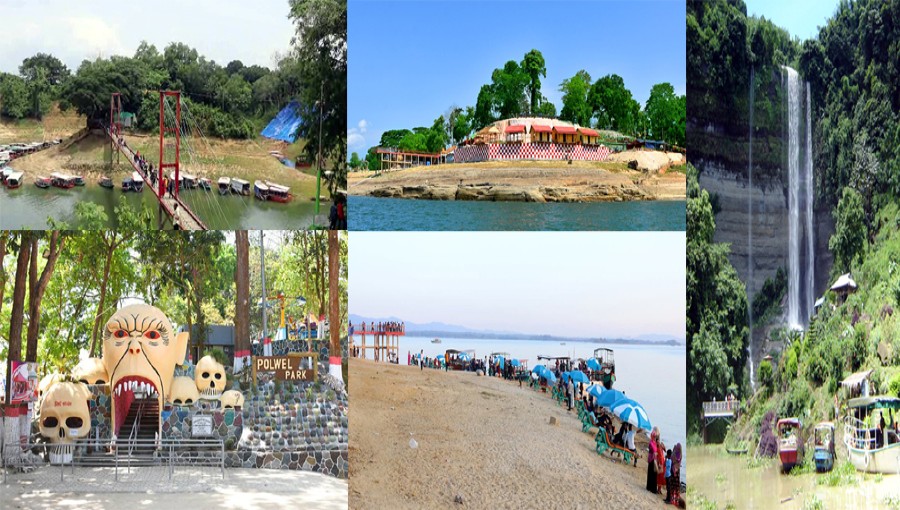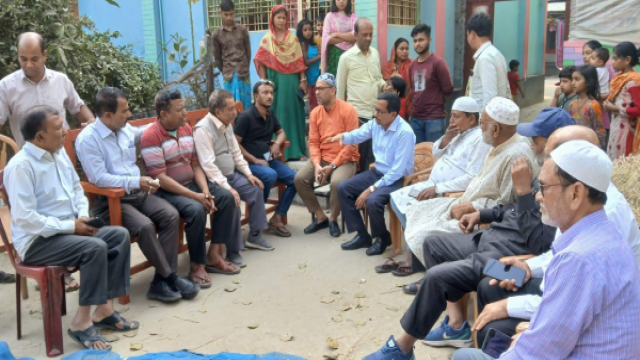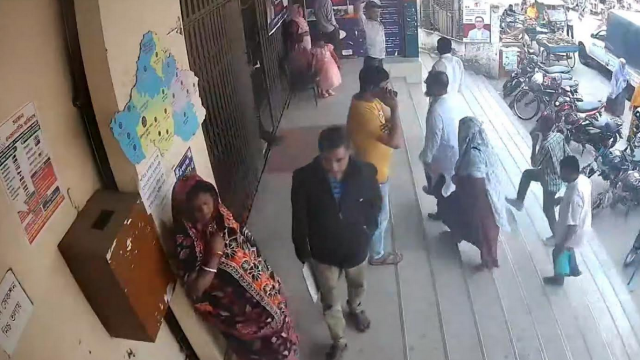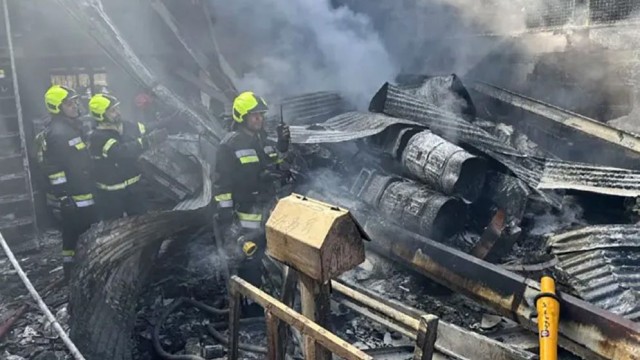Rangamati, Sep 28 (V7N)- Rangamati, one of Bangladesh’s most scenic and tourist-rich districts, has been facing a significant drop in tourist arrivals due to ongoing political unrest and communal conflicts. The instability, compounded by recent natural disasters such as floods and student-led anti-discrimination movements, has severely impacted the district’s tourism sector, leaving many local businesses in financial distress.
For years, Rangamati’s tourism-dependent economy has thrived on the influx of both domestic and international visitors. However, with political instability and the ongoing effects of communal unrest, businesses are now struggling to survive, relying on their savings to stay afloat. The area saw much lower-than-expected tourist numbers even during the celebration of the 20th Tourism Day.
Celebrating World Tourism Day Amid Challenges
Despite these hardships, the Rangamati Tourism Corporation organized a discussion meeting to celebrate World Tourism Day on Friday (September 27), under the theme "Tourism is the Platform of Peace." Held at the Tourism Holiday Complex in Rangamati, the event brought together several local officials and stakeholders. Among the speakers were Rangamati Tourist Police Superintendent of Police Mahiul Islam, Tourism Holiday Complex Manager Alok Vikas Chakma, and Khondkar Rizaul Karim, Nezarat Deputy Chief Executive Officer of Rangamati Zilla Parishad.
During the discussion, the speakers emphasized Rangamati’s untapped tourism potential and urged all stakeholders to work together to promote and modernize the region’s tourism industry. "The Chittagong Hill Tracts is a region full of tourism opportunities," one official remarked, stressing the importance of transforming the area into a modern tourist hub.
Nature's Beauty, But No Tourists
The natural beauty of Rangamati remains undeniable, especially with Kaptai Lake, which has been rejuvenated by continuous rain and mountain runoff over the past month. The scenic views of hills surrounding the lake and the lush greenery would normally attract many visitors. However, the district’s iconic hanging bridge has been submerged under the rising water of Kaptai Lake for over a month, further deterring tourists.
Local businesses, particularly those relying on tourists visiting the bridge, are struggling. Alamgir, a tourist boat driver, expressed his frustration: "Due to the country's political unrest and clashes in the mountains, there are no tourists. As a result, we are in a lot of trouble." He also suggested that raising the height of the bridge could prevent it from sinking in future, ensuring it remains a tourist attraction year-round.
Textile shopkeepers echoed similar concerns, noting that many tourists have turned back after learning that the bridge is submerged. They report no sales for the last several months, and fear that unless the water level recedes, they will continue to suffer.
Sajek Facing Similar Woes
The nearby Sajek Valley, another popular tourist destination often referred to as "Megher Bari" (The House of Clouds), is also facing a severe downturn. A three-day ban on tourist entry following political unrest has passed, but the number of visitors remains far below previous years. With 127 resorts and 116 restaurants in Sajek, the area's businesses have taken a financial hit, forcing some to lay off employees.
Md. Moin Uddin Salim, General Secretary of the Rangamati Residential Hotel Association, stated that no tourists have arrived in the district for two to three months, and many hotels have received no bookings during this period. Local businesses are now facing financial losses amounting to several crores of taka.
Hope for Recovery
Despite the current bleak situation, there is cautious optimism among local officials and business owners. Alok Vikas Chakma, manager of the Rangamati Tourism and Holiday Complex, remains hopeful that the hanging bridge will soon reemerge as the water levels drop. "The deck of the bridge is still submerged in water, but we hope it will dry up soon. Once that happens, tourists will once again flock to see the beauty of the bridge and the surrounding area."
As Rangamati struggles to recover from the dual blows of political unrest and natural disasters, local officials and business owners alike are calling for cooperation and efforts to restore the region’s tourism sector to its former glory. With its natural beauty still intact, there is hope that, in time, tourists will return to enjoy the peace and tranquility of the hill district.
END/AM/AJ

























Comment: